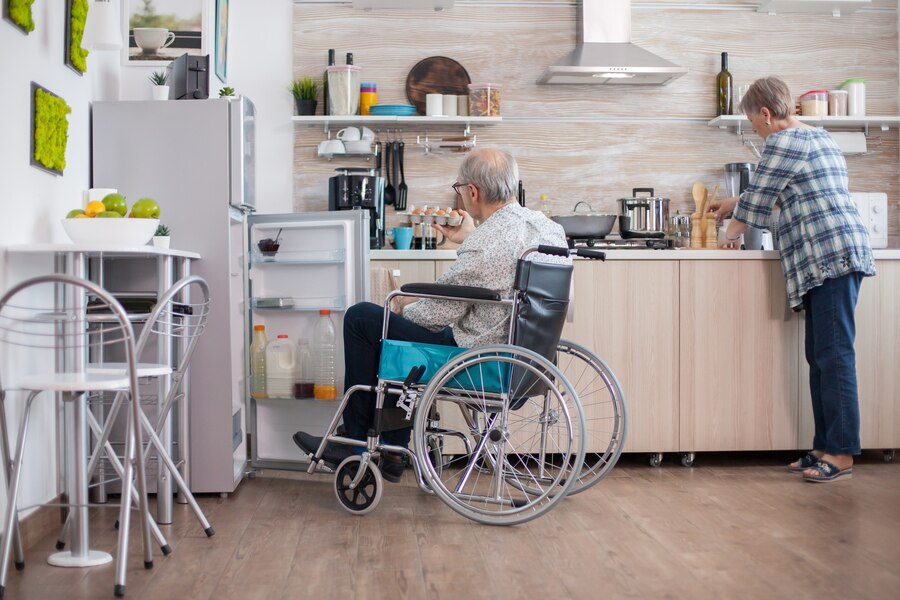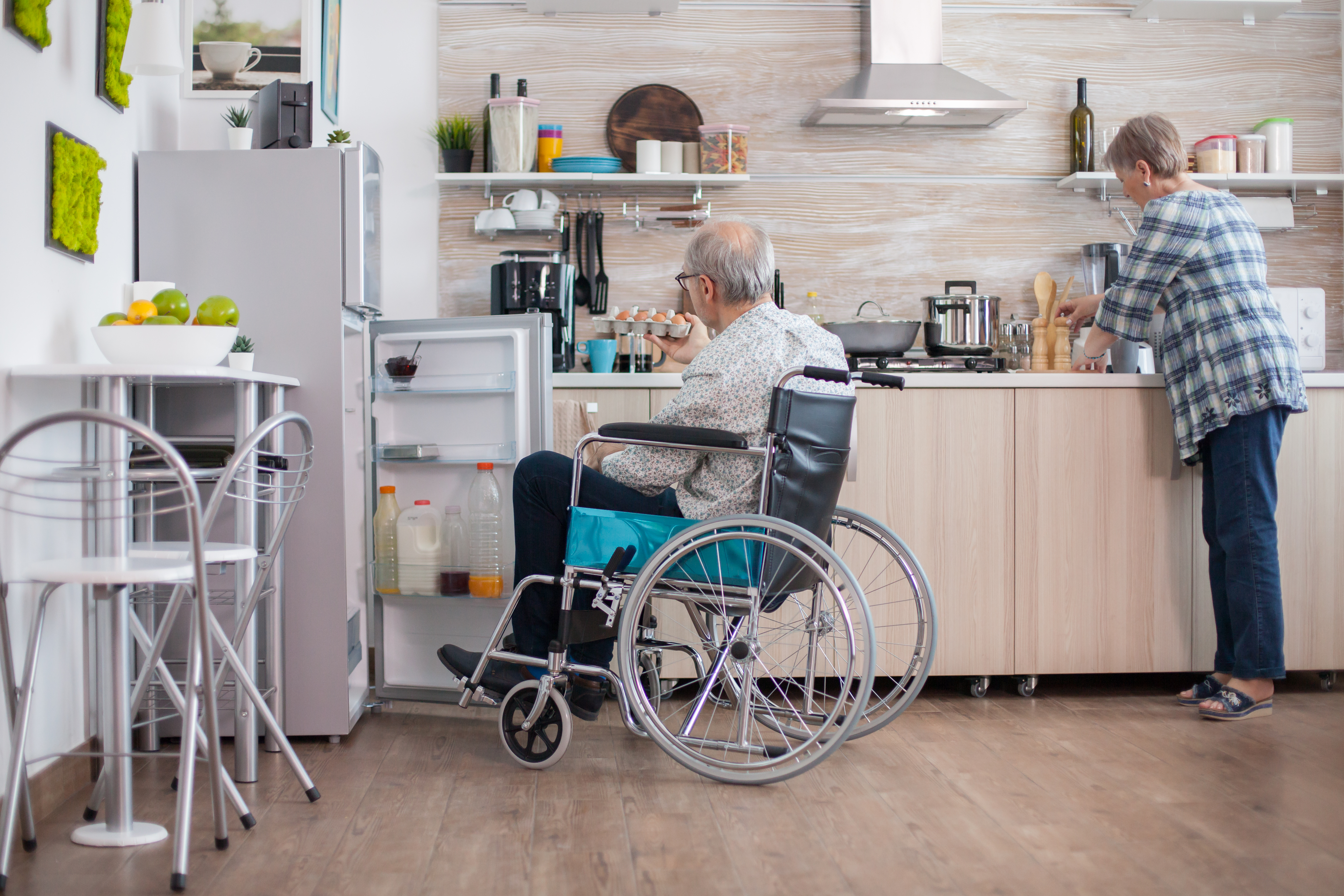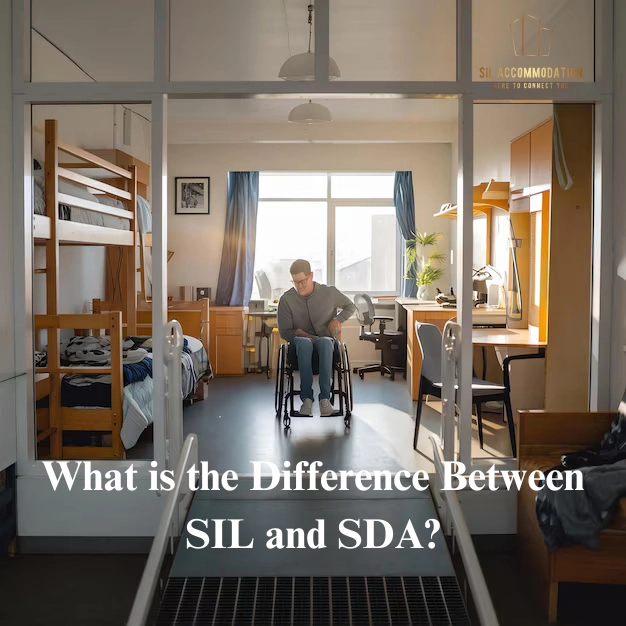
Choosing the Right SIL Accommodation Provider
What is SIL Accommodation?
Supported Independent Living (SIL) is a kind of supervision or assistance with everyday duties designed to help you live independently while developing your abilities. It involves having someone prepare meals or assist with personal care duties. To become more self-reliant, SIL can also assist in developing these abilities. Those who need a lot of help during the day and have high support needs are the ideal candidates for SIL.
Who is eligible for SIL Accommodation?
You need an NDIS plan, a diagnosis of a permanent and substantial disability that affects your daily life, and a goal to look into home and living options to apply for Supported Independent Living (SIL). The NDIS assesses a person's eligibility for SIL based on their goals and the amount of assistance they require to live independently. Since this is frequently connected to an individual's functional impairment, a functional assessment can be necessary.
Types of SIL Accommodations
The following list contains five typical SIL accommodation categories.
- Group homes: These are residential environments where people with disabilities live together and share a home with a support worker or other staff member who helps them with daily life activities.
- Independent Living Units: Individual apartments or homes inside a bigger complex or community are known as independent living units. When compared to group homes,they offer more privacy and liberty.
- Boarding Houses: People with disabilities who live in boarding houses rent a room from other tenants in a bigger home where they share common spaces like livingrooms and kitchens.
- Hostels: Hostels offer brief lodging for people with disabilities who need short-term or relief care.
Services Provided in SIL Accommodation
SIL is a decision that gives NDIS members greater control and choice over their lives, assisting them in achieving their objectives of living as independently as possible. Additionally, it can offer a handy and secure position, superior lodging, and a chance to meet new acquaintances. When you use SIL accommodation providers to lower your rent in a shared living setting, you can free up more money for participants to use toward learning new skills as specified in their plan or share assistance.
Benefits of SIL Accommodation
Living alone while receiving care has numerous advantages. SIL homes are available to disabled people who want to live more independently while still getting the help and accommodations they need. Your supporter might offer you help with the following tasks:
- Help with gardening, cleaning, and grocery shopping.
- Helping with tasks including brushing teeth, taking a shower, getting dressed, and using the restroom.
- The administration and storage of pharmaceuticals are included in the medication management.
- Helping with lifestyle pursuits like getting together with friends and socialising.
- The support you require to reach your growth objectives.
Choosing the Right SIL Accommodation Provider
- Experience and Reputation: Seek out SIL suppliers with a solid track record and satisfied customer testimonials.
- Services Offered: Verify that the supplier provides the precise services you require. Certain providers might specialize in particular forms of assistance or Accommodations.
- Employee Qualifications: Examine the staff members' credentials and training. It's critical that the personnel possess the necessary training to deliver excellent support.
- Adjustability and Customisation: Select a supplier that provides individualised, adaptable assistance programs that are catered to your unique requirements and Interests.
- Location and Accessibility: Take into account the SIL accommodations' location. Ensure they are easily accessible and close to the facilities and services you need.
- Cost and Funding: Recognise the associated expenses and how your NDIS strategy fits into them. Make sure the supplier is open and honest about prices and that there are no additional costs.
Conclusion
With a focus on social inclusion and autonomy, SIL's adaptability and dedication to providing tailored support represent an innovative approach to disability care providing accommodations and housing. For people it supports, SIL is an essential part of the National Disability Insurance Scheme, contributing to their future prospects, dignity, and freedom of choice, following the NDIS SIL rules.





.png)